Manila Confronts Its Plastic Problem – EOS
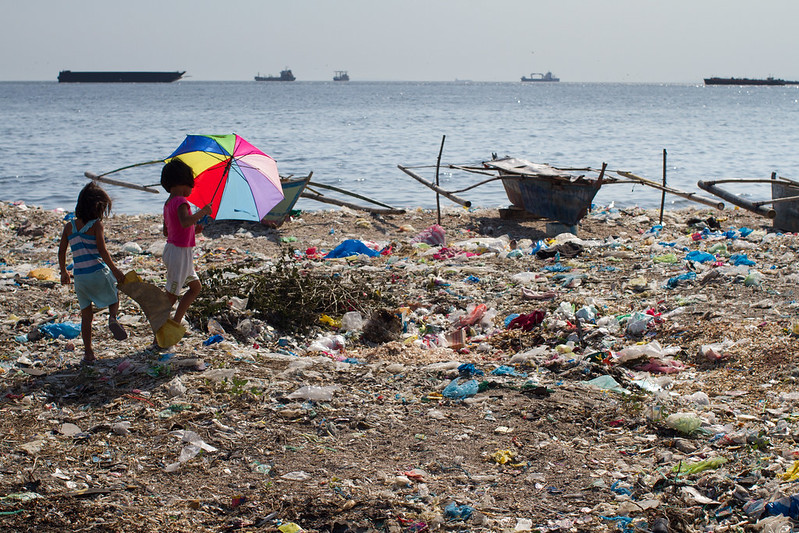
The Philippine capital is the latest city to address rampant plastic pollution through a community-guided protocol.
Reef stars’ restored Indonesia’s blast-damaged corals in just 4 years – Grist Magazine
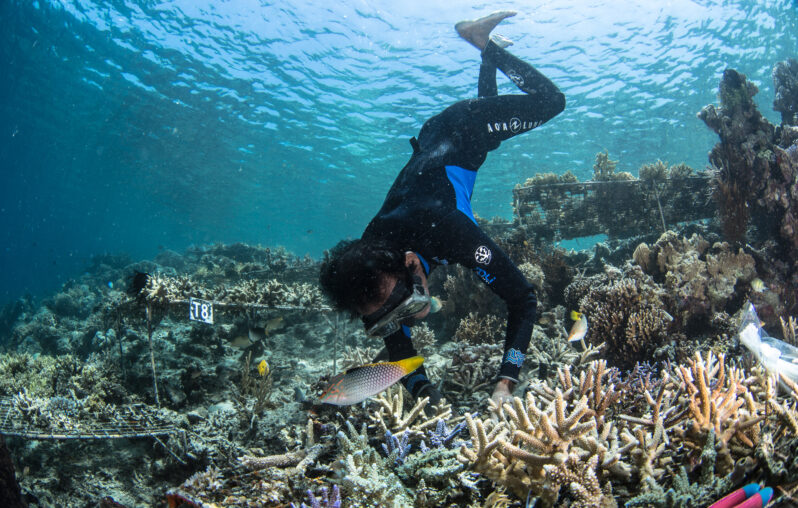
A community-based approach to restoration combined with an ingenious device can bring back reefs traumatized by dynamite fishing…
Plastic chemicals are inescapable — and they’re messing with our hormones – Grist
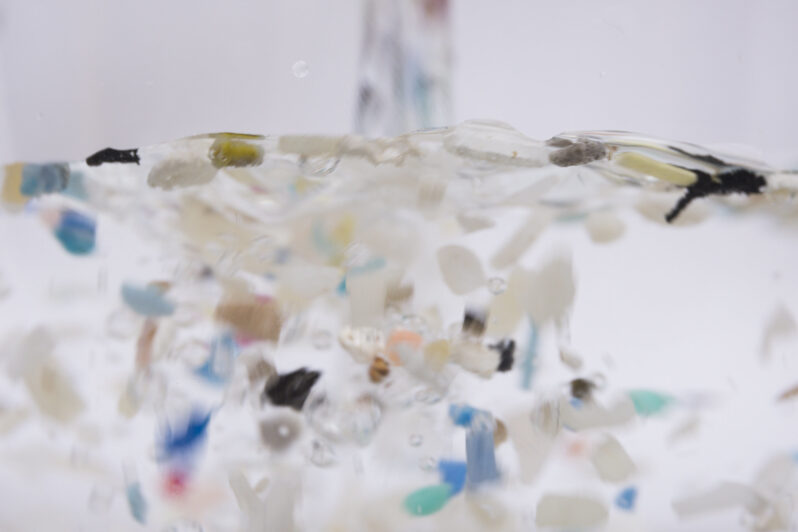
Researchers say the U.N.’s global plastics treaty must reduce production and protect public health.
We’re All Plastic People now – PBS
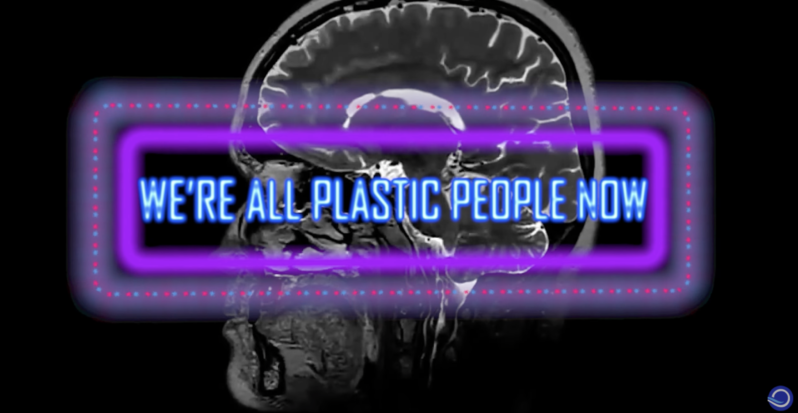
Introduced by actor and environmentalist Ted Danson, We’re All Plastic People Now investigates the hidden story of plastic and its effects on human health. In an era of throw-away ease, convenience has cost us our well-being. We’re All Plastic People Now asks the question, how much evidence do we need before we decide to take action?
Amazon says its plastic packaging can be recycled. An investigation finds it usually isn’t – Grist Magazine
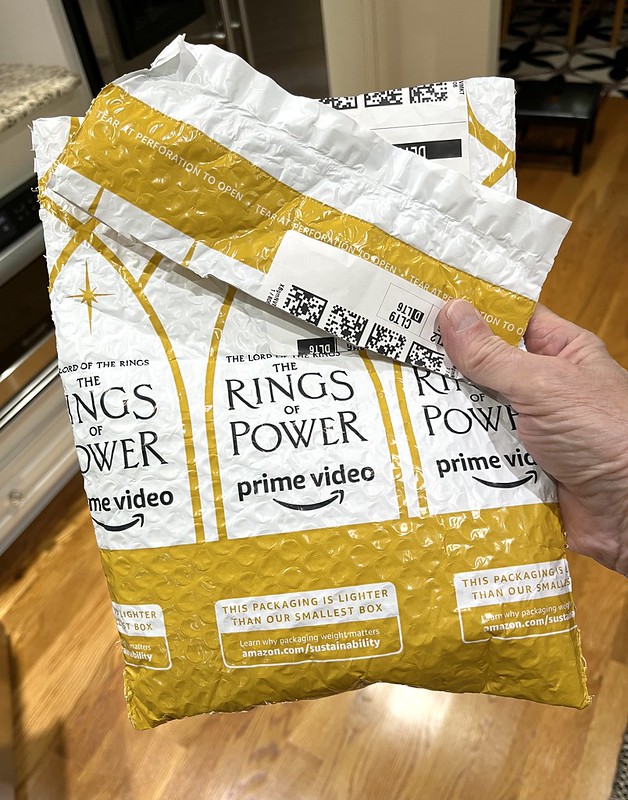
Trackers placed in 93 bundles of Amazon packaging marked for “store drop-off” recycling showed many of them were buried or burned…
Hundreds of thousands of peculiar sea creatures wash up on California beaches – SFGate
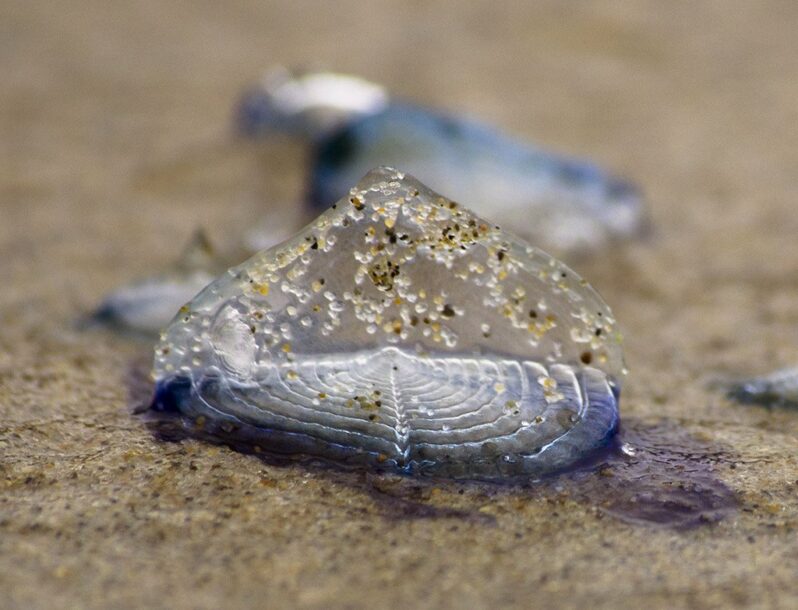
By-the-wind sailors are an early sign of spring…
Six Months After the Heat Spiked, Caribbean Corals Are Still Reeling – Hakai Magazine
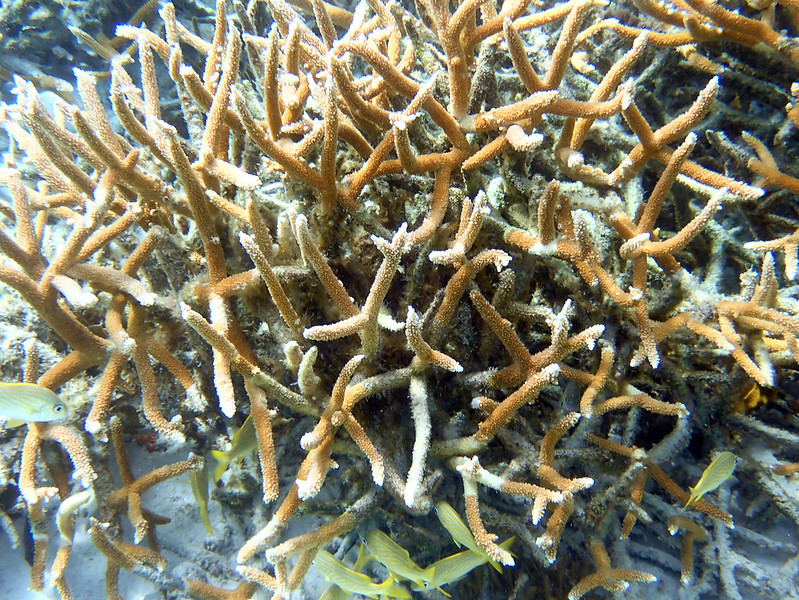
For many Caribbean corals, last year’s heat proved too much to bear. The more time corals spend in hot water, the more likely they are to bleach, turning white as they expel the single-celled algae that live within their tissues. Without these symbiotic algae—and the energy they provide through photosynthesis—bleached corals starve. Survival becomes a struggle, and what had been a healthy thicket of colorful coral can turn into a tangle of skeletons…
First Comprehensive Plastics Database Tallies Staggering 16,000 Chemicals—And It’s Still Incomplete – Scientific American
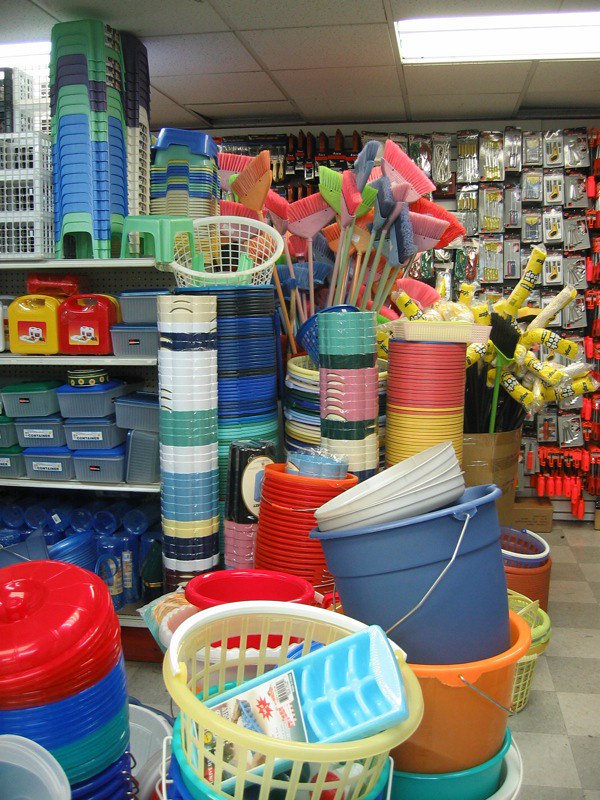
A massive new dataset highlights more than 4,200 plastic chemicals linked to health and environmental risks. But scientists say there are still large gaps in the scientific understanding of plastic ingredients…
A Massachusetts town spent $600K on shore protection. A winter storm washed it away days later – the Washington Post
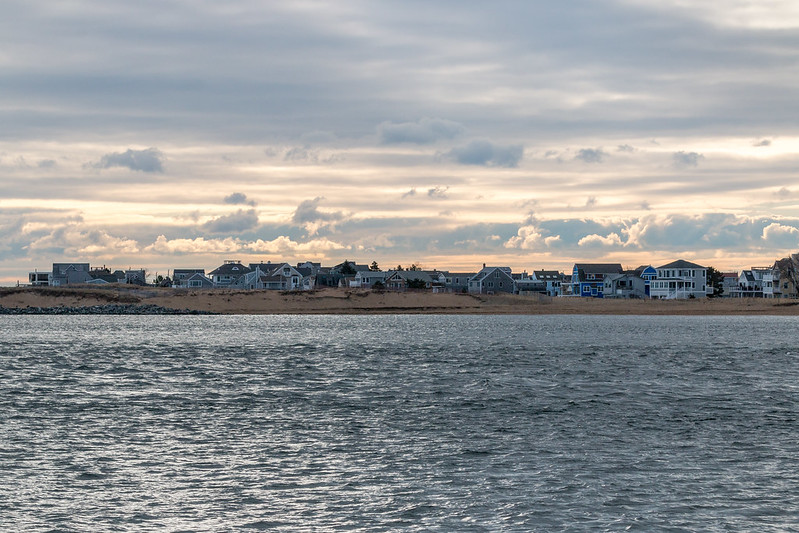
A Massachusetts beach community is scrambling after a weekend storm washed away $600,000 in sand that was trucked in to protect homes, roads and other infrastructure…
